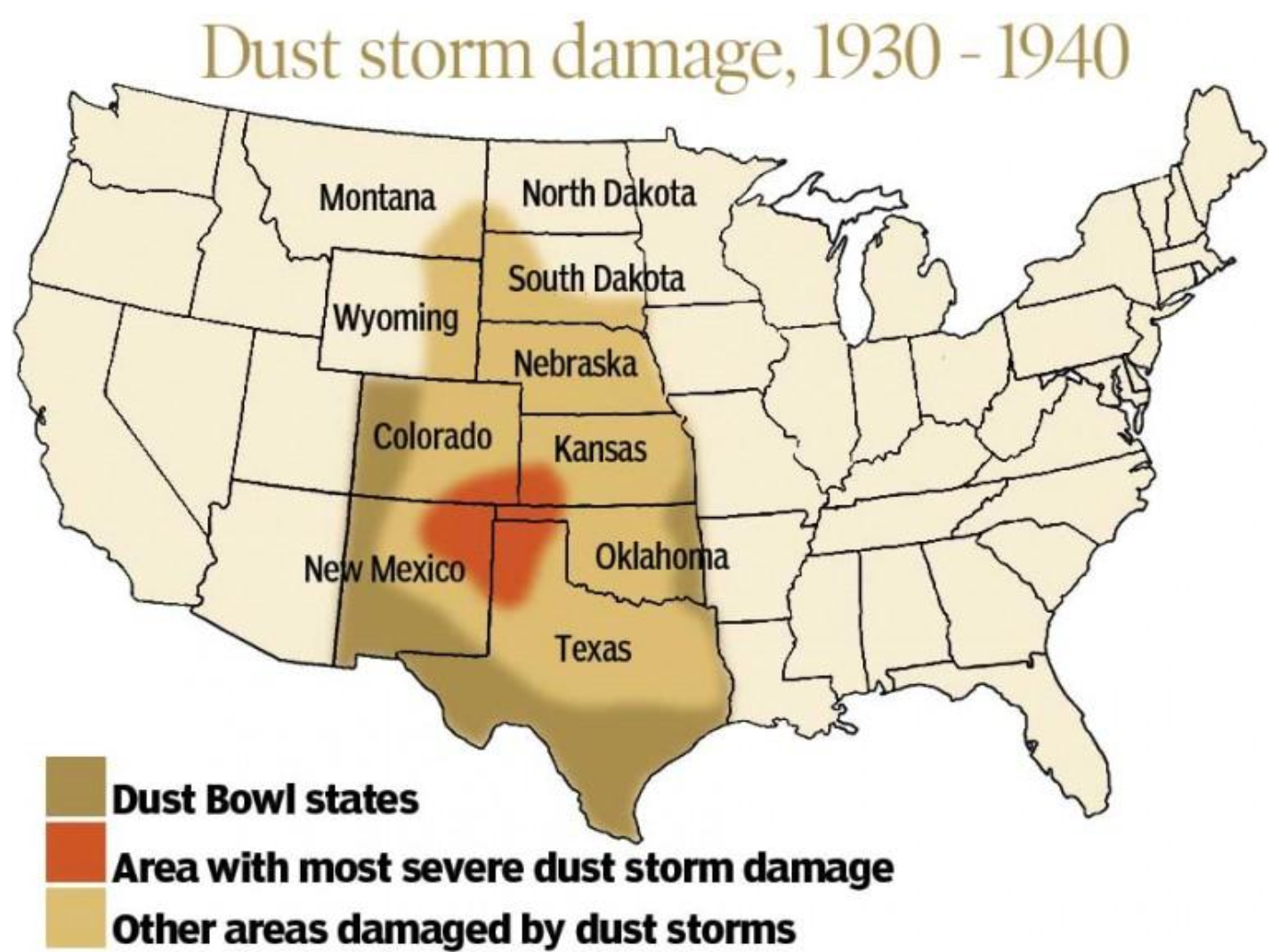Answer to any of the prompts (or more if you like)
1. To what does Luther Standing Bear attribute the difference between the "white" mind and the "Indian" mind? Do you agree
2. Below is the text of the 1964 Wilderness Act to which Louis Owens refers to in "The American Indian Wilderness". How is it problematic? How would you rephrase it?
3. Refer to the keyword "Indian" in Burgett and Hendler, Keywords for American Cultrual Studies (2007) - see moodle. Is it what you expected to find there? Would you improve it or restructure it if you were commissioned with doing it?




In the first edition they speak about indigenous people and how others refer to them and which terms are better to use than others. During the explanation they come to a conclusion that 'indian' is not the best. So it confuses me that they chose the word 'indian' and not 'native americans' or 'indigenous'. An other remark is that they always talk ABOUT the native Americans but their is no native American who really speaks. In the 3th edition they kept the word 'Indian' but also made a section about 'indigenous'. But is the section 'indian' still nessesary?
ReplyDeleteIn Luther Standing Bear's "Nature", the difference between the "white mind" and the "Indian mind" is attributed to the attitudes by white settlers and their descendants towards nature in comparison with that of Indigenous communities, such as the Lakota people. In facing nature or the "wilderness" which surrounded them, the Indigenous strove for harmony with it while the settlers strove for control over it. Rather than understanding nature, appreciating its beauty and living in peace among it, the "white mind", in fear, felt the need to conquer and transform what, due to their religious philosophy was wrong.
ReplyDelete1. When Luther Standing Bear made a clear distinction between the "white" mind and the "indian" mind he meant that the whites, being the americans, and the indians, being the indians, where to oposites. One was more disconnected to nature and the other more attached to it. Bear said that the "whites" were more worried about conquering and using nature as a tool to became bigger, whether than seeing it as an interconnected system. One the other hand, the indians in some way prefered to be "conquered" and "used" by nature for it to became wider. Also, the indians were always searching for a form of connecting spiritually to nature while the whites were focused in material possessions, putting nature aside. In some way the indians acknowledged that everything they possess comes from nature and they should "thank it" for that by connecting with it and respecting it. Oposite to it, the americans were not acknowledging, but instead disrespecting mother Nature.
ReplyDeleteMainly, I could say I don't agree with the usage of white and indian to distiguish, but I agree with the fact that there are different persperctives of seeing the world, as long as there is balance in between. We cannot forget that neither of the mentalities is wrong or right, we need nature, but we also need to evolve in this world for it to last.
I believe there are important etymological distinctions between the terms often used to identify India people—distinctions that are rarely acknowledged or fully understood. In the context of Luther Standing Bear’s perspective, the concept of "Nature" becomes a powerful lens to contrast worldviews. His writing doesn’t just highlight a different relationship with the environment—it can flips the narrative entirely, in my opinion .
ReplyDeleteIt’s as if the so-called "white" world is the true wilderness, chaotic and disconnected, while Indigenous people embody a sense of harmony within the natural world. This inversion is striking: the "white man" becomes the wild figure in nature, while the so-called "Indian" becomes the one made wild in the white man’s world.